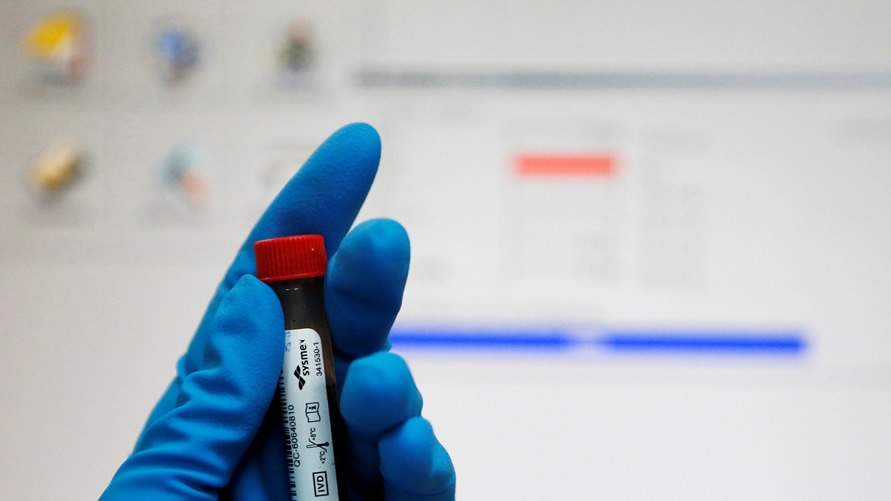
Sports
22:20, 09-Jan-2018
Anti-doping in China: Written test needed
CGTN

One month before the PyeongChang Olympic Winter Games in South Korea, China is stepping up on the anti-doping campaign with an increased number of tests, including a written one.
Taking a stance of zero tolerance, Chinese sports authorities are tightening up their doping controls on competition-bound teams in addition to their already strict routine tests.
Education is regarded by Chinese sports authorities as an important measure to keep athletes away from drug abuse. Over the years, the China Anti-Doping Agency (CHINADA) has developed a system called the Anti-Doping Qualification Program.
All athletes and coaches are required to take written anti-doping exams alongside their athletic qualifications before they can compete at the Olympic Games, World Championships and National Championships. To add a touch of ceremony to the system, athletes have recently been encouraged to take a picture with the Chinese national flag holding a slogan reading "clean sport."
The would-be PyeongChang Olympians are no exception. Dong Daning, a member of the anti-doping staff at the governmental Winter Sports Administrative Center, said these athletes and their coaches already attended lectures to sharpen their anti-doping knowledge before taking written exams.
Along with the preventive measures, there are severe punishments for rule breakers.
The national speedskating team announced on Saturday its decision to expel 500m skater Shi Xiaoxuan after she tested positive for the banned substance clenbuterol.

Chinese anti-dobing lab is now allowed to function after being suspended in April.
Chinese anti-dobing lab is now allowed to function after being suspended in April.
The team suggested the 21-year-old Shi accidentally ate contaminated food, and she received the punishment for "dining out without permission."
It was the second expulsion in the team within a month. The 2016 Youth Olympic Games 500m champion Li Yanzhe was banned for four years after traces of steroid were found in his samples in February.
Li and Shi's cases are among the more than 70 doping violations discovered by CHINADA last year, 25 more than in 2016. CHINADA deputy head Chen Zhiyu considers this a proof of their effective work.
"In the past year, we improved a lot, including testing methods, test plans and management," he said.
"As the workload continues to grow, we have maintained a high level of accuracy in lab tests, and better planning led to more effective control, so we found many more positive cases last year," he added.
The overall number of doping tests by CHINADA now exceeds 10,000 tests annually. The total number of doping tests in 2017 exceeded 17,000, up 40 percent year-on-year. The testing returned 132 positive results, an over-50-percent increase compared with 2016. The agency also ruled that in approximately 60 cases in which athletes tested positive for clenbuterol because of food contamination, the athletes were not punished.
"We will keep on improving our work, especially target tests. We plan to set up a database and use big data to help our doping control," Chen said.
Source(s): Xinhua News Agency

SITEMAP
Copyright © 2018 CGTN. Beijing ICP prepared NO.16065310-3
Copyright © 2018 CGTN. Beijing ICP prepared NO.16065310-3